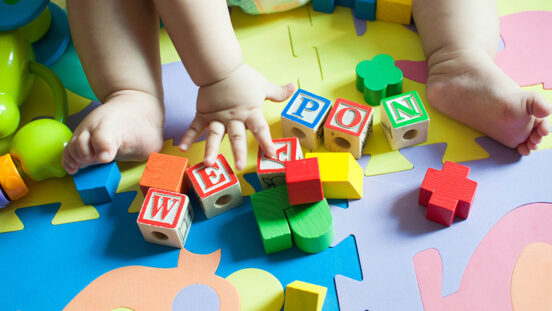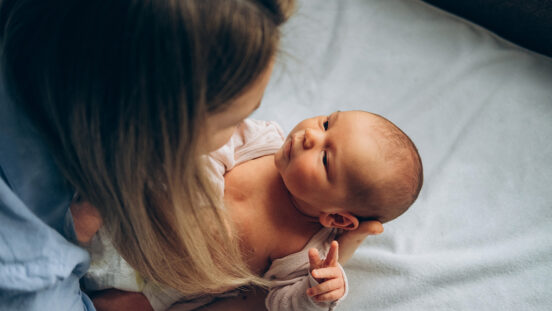39 weeks pregnant: C’mon baby!

It’s about 266 days since conception. No wonder you’re getting impatient to meet your little one.
You’ve reached 39, about 266 days since conception (or 280 since the first day of your last period), and the end of pregnancy is in sight! You may be savouring the last few days of carrying your baby, but more likely that you’re desperate to meet this little person and get your body back!
Your body at 39 weeks pregnant
You might be feeling quite heavy and uncomfortable now, as your baby has likely dropped lower into your pelvis, putting pressure on your bladder and making you need to pee more often.
Braxton Hicks contractions may become more frequent and intense, helping your body prepare for labour.
Carrying the extra weight and dealing with sleep disturbances can make you feel extra tired and while some mild swelling in your hands, feet, and ankles is normal, keep an eye out for sudden or severe swelling and contact your healthcare provider if it occurs.

Your baby at 39 weeks pregnant
At this stage, your baby weighs about 3.25 kg. Boys might be slightly heavier at birth. Your little one’s crown-to-rump length is about 36 cm, and their total length is 48 cm. The layer of fat beneath their skin is still increasing to help control their body temperature in the outside world.
How big is my baby’s head?
The circumference of your baby’s head is about 35 cm, roughly the width of your chest. But don’t worry about the birthing process just yet. Nature has a way to help: your baby’s skull is made of five ‘plates’ of bone that aren’t fused together yet.
These plates, along with the fontanelles (soft spots), allow the skull bones to be pushed together and even overlap during birth. This design helps your baby’s head temporarily change shape to pass through the cervix, returning to normal afterward.

Your baby’s lungs at 39 weeks
While most of her organs are fully developed, your baby’s lungs are the last to reach full maturity. She’s producing a hormone called cortisone to help her lungs mature enough to breathe air at birth.
Signs labour is starting
Despite the dramatic scenes in movies, your water breaking before labour starts isn’t common. Most women’s water breaks during labour when the pressure from contractions forces the amniotic sac to rupture.
How will you know you’re in labour? Look for signs like regular contractions that get stronger and closer together, lower back pain, and the passing of the mucus plug.
Hang in there! You’re almost at the finish line, and soon you’ll be holding your little one in your arms.




